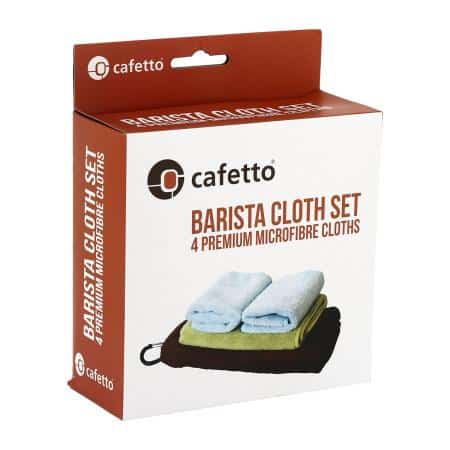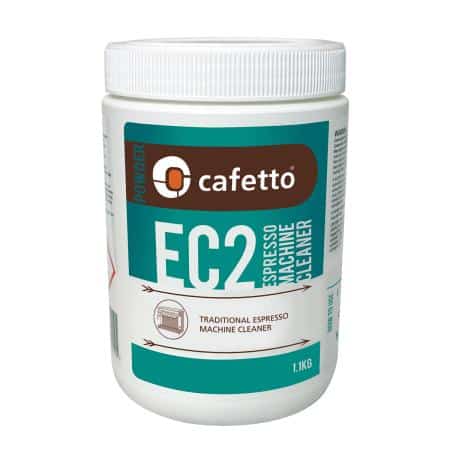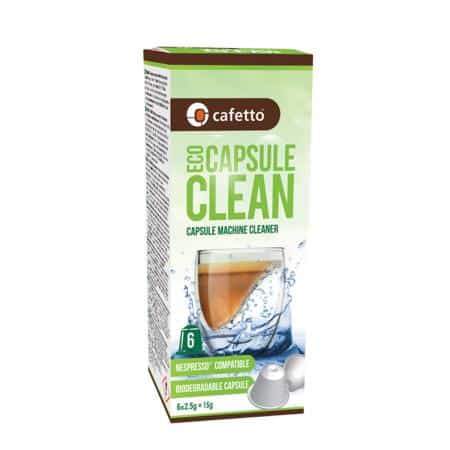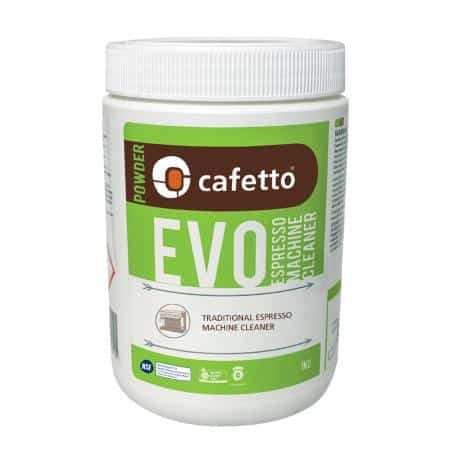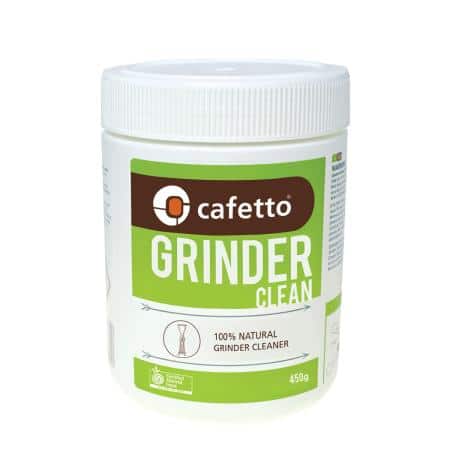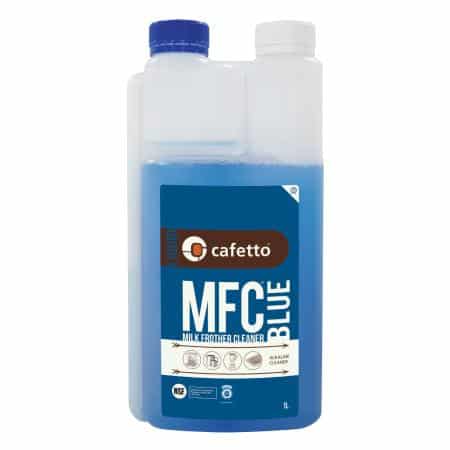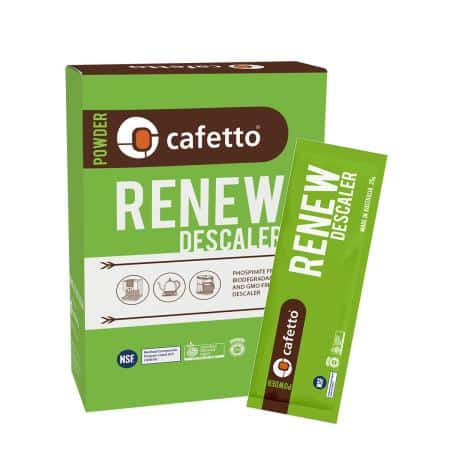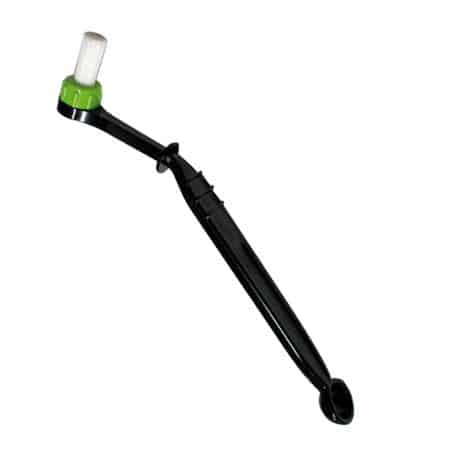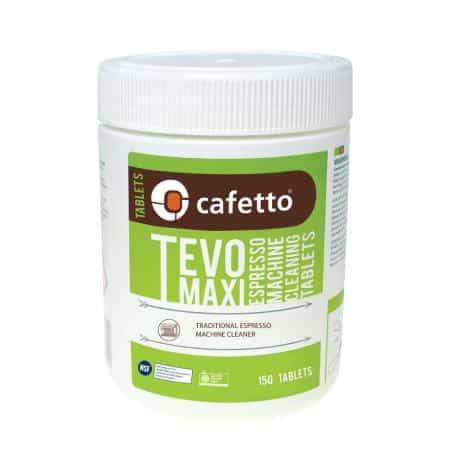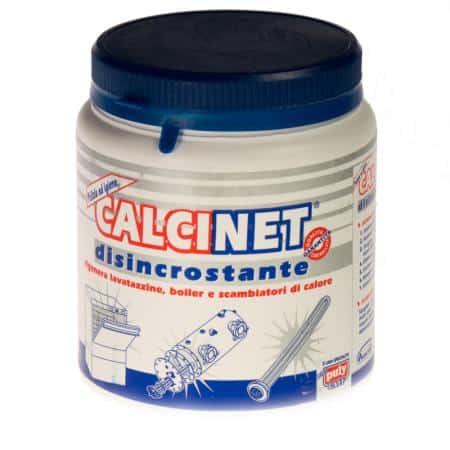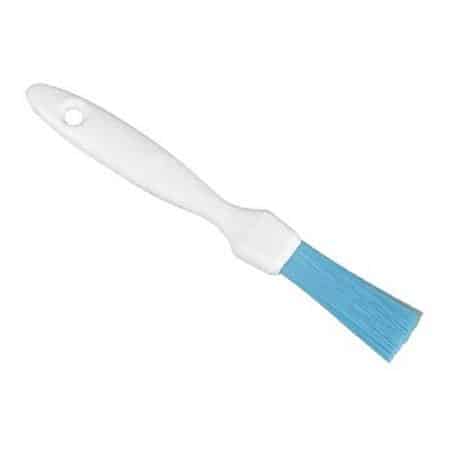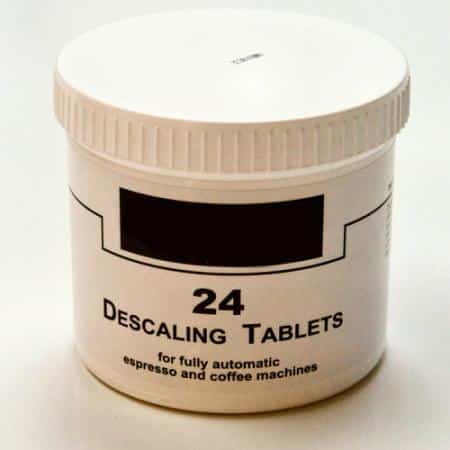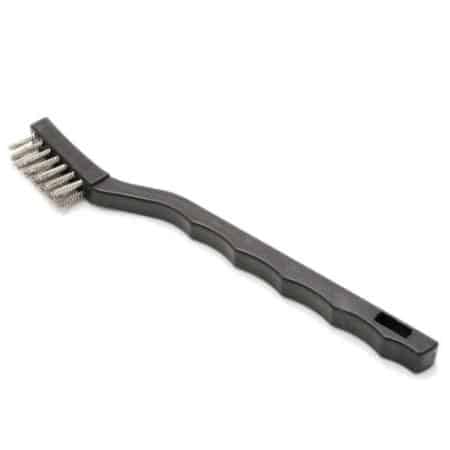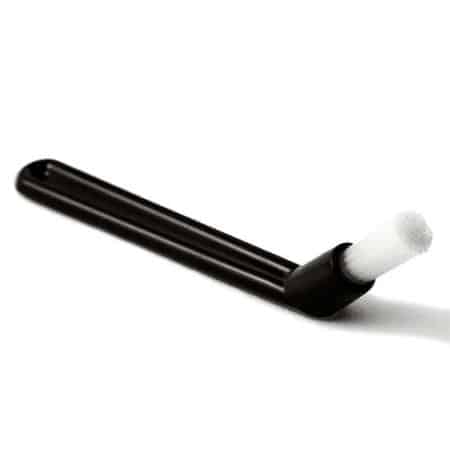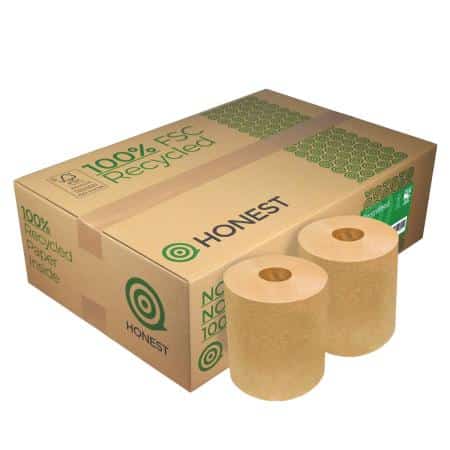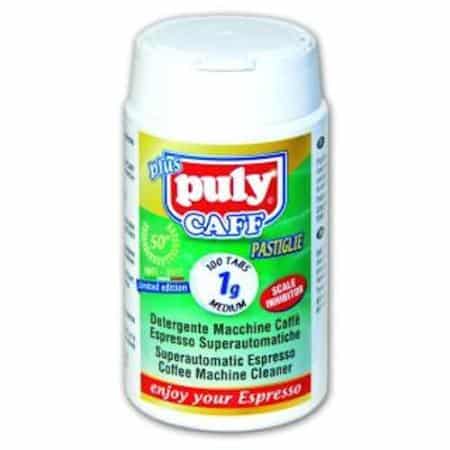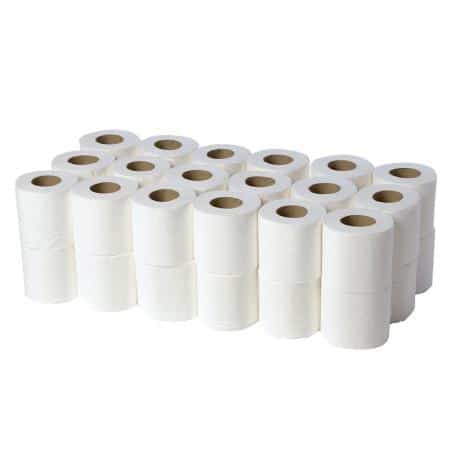Cleaning Products
Home - Cleaning Products
Discover our premium cleaning products designed to make your home sparkle effortlessly. From eco-friendly solutions to powerful disinfectants, our range ensures spotless results every time. Trust our cleaning products to eliminate dirt, grime, and germs while being gentle on surfaces and the environment. Enjoy a fresher, healthier space with easy-to-use formulas crafted for busy lifestyles. Experience cleanliness like never before—choose our trusted cleaning products for a brighter, more hygienic home today.
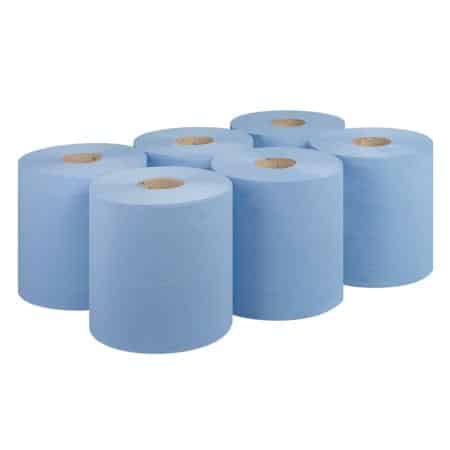
£37.15
£22.85
£19.99
£10.84
£19.99
£31.43
£22.00
£12.84
£28.00
£42.87
£27.14
£45.73
£8.55
£8.55
£48.59
Discover the Power of Our Premium Cleaning (*9*)
Welcome to your one-cease shop for high-quality cleaning products that transform your home and workspace into spotless, fresh environments. Whether you are tackling everyday messes or deep cleaning cussed stains, our carefully curated selection presents efficient, safe, and eco-friendly solutions. Don’t wait—buy now and experience the difference clean makes! Our products are designed to make your cleaning routine simpler, quicker, and extra satisfying. Ready to see your space shine? Let’s explore what makes our cleaning products a should-have in your cleaning arsenal.Why Choose Our Cleaning (*9*)?
Unmatched Effectiveness
Our cleaning solutions are formulated with highly effective ingredients that effortlessly lower by grease, grime, and grime. You’ll notice the results after only one use, making your chores much less time-consuming and extra efficient. Whether it’s your kitchen, bathroom, or front room, our products ship professional-grade cleaning proper at home.Eco-Friendly and Safe
We prioritize your health and the environment. All our eco-friendly cleaning products are made with biodegradable ingredients and free from harsh chemical substances like ammonia or chlorine. This means you can clean confidently understanding you are defending your household, pets, and the planet.Versatility for Every Surface
From glass and counter tops to carpets and upholstery, our cleaning products are designed to be versatile. This means you can shop with confidence understanding you’re getting solutions that work on a number of surfaces, saving you money and storage space.Explore Our Top Cleaning (*9*)
All-Purpose Cleaners
- Ideal for kitchens, loos, and residing spaces
- Safe on most surfaces, together with wooden, tile, and plastic
- Fresh, nice scent that leaves your home smelling clean
Disinfectants & Sanitizers
- Kill 99.9% of germs and bacteria
- Perfect for high-touch areas like doorknobs and light switches
- Fast-acting and lengthy-lasting safety
Specialty Cleaners
- Stain removers for carpets and upholstery
- Glass and mirror cleaners for streak-free shine
- Bathroom cleaners that sort out cleaning soap scum and laborious water deposits
Your Cleaning Routine Made Easy
Imagine a home that’s all the time welcoming, fresh, and spotless — all with minimal effort. Our cleaning products are designed to streamline your chores, supplying you with extra time for what actually issues. Simply order in the present day and get pleasure from the satisfaction of a pristine space every day. Plus, with our reliable shipping and excellent customer service, you’ll really feel assured in your purchase every step of the method.Don’t Wait – Shop Now and Experience the Difference!
Ready to upgrade your cleaning routine? Buy now and uncover why so many householders trust our products for their cleaning needs. Whether you’re shopping for a whole set or a single highly effective cleaner, now we have every part you need to maintain your environment spotless. Make the smart choice—select quality, safety, and effectiveness. Your clean home is only a click on away! Thank you for visiting — we glance ahead to serving to you obtain the clean, fresh space you deserve. Happy cleaning!- Best Selling!

